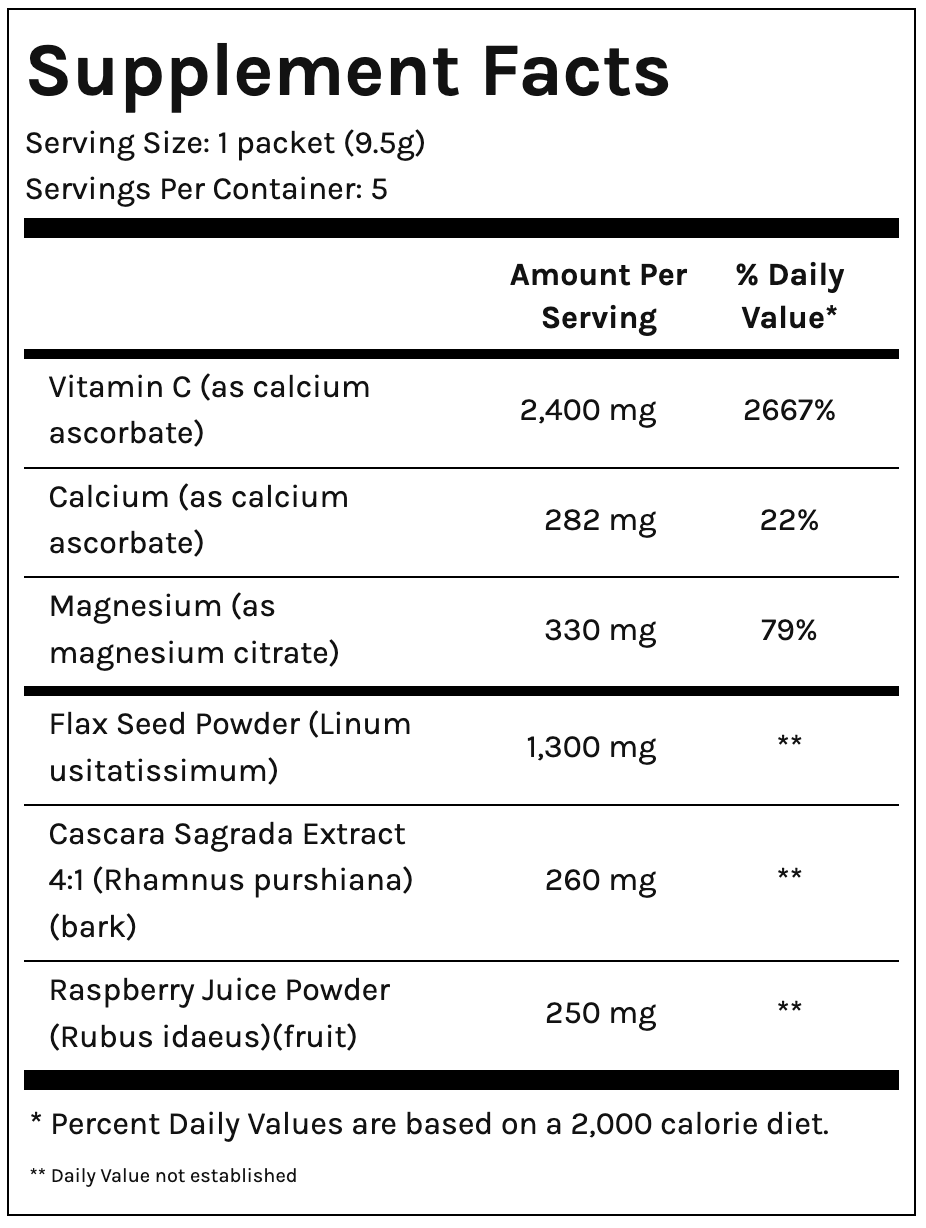Your digestive system and your brain are in constant communication through signals and chemicals. They are so closely linked that you might get an upset stomach when you’re nervous or nauseous when you’re in a tense situation. Mindful eating can greatly benefit not only your gut and physical health but also your mental well-being.
Maintaining a healthy digestive system significantly impacts your overall health. For one, it supports a strong immune system. It also helps keep your mood up and energy levels high. It’s not enough to eat to get full or satisfy your taste buds. We need to be more mindful of what we eat and how we eat.
The Role of the Digestive System
When we say “gut”, we’re referring to our gastrointestinal tract. After our food goes through our stomach, the gut helps further digest food, extract nutrients, and eliminate waste. However, it doesn’t do so solely through tissues and nerves. It’s also home to trillions of microbiomes and good bacteria that are essential for the gastrointestinal tract to do what it should.
The intestinal neural system is also often called our “second brain”. It’s in constant communication with your brain and spinal cord – hence the “gut-brain” connection – and it can also function independently. This relationship can be impacted by the state of your gut lining, which in turn can affect your mood and general well-being and vice versa.
Persistent stress can affect the gut lining and induce inflammation. On the other hand, positive emotions positively affect the gut. Eating mindfully can help boost your gut microbiome, help you regulate your thoughts and emotions, and keep you healthy overall.
What is Mindful Eating?
Our fast-paced lives often lead to rushed mealtimes. We often eat while doing something else without paying attention to whether we’re hungry or not. Sometimes, we eat not because we’re hungry but to cope with unpleasant emotions such as loneliness, anxiety, or boredom. This often leads to overeating and unhealthy food choices, which may have negative consequences on one’s health and overall well-being.
Mindful eating is the practice of being in the moment as one eats food. It focuses on one’s sensual awareness of the food and how they experience it. This involves paying attention to the food, being intentional with the actions of eating, and savoring it moment by moment. It is not necessarily concerned with the nutritional value of the food you eat, although making healthier food choices has become part of the usual mindful eating practices.
Integrating mindful eating into your life can help you become more attuned with your body. This can help you avoid overeating or binge eating, change your dietary habits for the better, and be more present instead of drowning in negative thoughts and emotions.
Benefits of Mindful Eating
- Helps you take a break from your busy daily life and ease your stress and anxiety.
- Pay more attention to your relationship with food so you can improve it.
- Notice when you’re turning to food for reasons other than hunger and identify other healthy coping mechanisms.
- Better enjoy the food you eat as you slow down and savor what you eat.
- Feel fuller sooner by taking more time to chew before swallowing.
- Be more in tune with where your food comes from and its journey from farm to plate.
- Calm your nervous system and nurture the brain-gut connection.
- Make healthier food choices.
Mindful Food Choices For A Healthier Gut
Part of building mindful eating habits is being more aware of what you eat, where it comes from, and how it can be good for you. Creating a positive relationship with food can help improve your health in many ways.
Here are the types of fiber and nutrient-rich food that you can integrate into your diet to boost your brain-gut connection.
Fermented Foods
Fermented food contains healthy bacteria like lactic acid microbes. This can boost your gut health and alter brain activity in a way that’s proven to have positive impacts on mental health.
Foods belonging to this category include cheese, yogurt, sauerkraut, kimchi, kefir, and more.
Fiber-Rich Foods
Whole grains, nuts, seeds, fruits, and vegetables are rich sources of prebiotic fiber which benefits the gut microbiome.
Prebiotic Foods
Prebiotics are compounds in food that foster the growth of beneficial microorganisms such as bacteria and fungi. These can alter the composition of organisms in the gut microbiome.
These include mushrooms, garlic, and onions. Prebiotics were also found to lower stress hormone levels, improving both the brain and gut health.
Fresh Produce
Fresh fruit and vegetables, especially those that are exceptionally rich in fiber, are good for gut health. Examples include carrots, broccoli, beetroot, watermelons, and jackfruit.
Alternative sources of plant-based fibers can also be great for improving your overall gut health. In particular, it can help keep your bowel movement regular and strengthen your GI tract. It’s great to look out for forms of fiber that are gentler on the gut to ensure positive results.
Other nutrients to watch out for improving gut health include:

Travel-Eeze contains all these essential nutrients in easy-to-bring individual packets, great for when you’re on the go. One packet dissolved in a glass of water can provide quick relief from constipation or other digestive problems for the rest of the day.
Healthier Lifestyle Choices To Boost Well-Being
Lifestyle changes can also contribute greatly to a healthy gut-brain connection. Healthier choices can help lessen the risk of chronic illness and even avoid common gut problems such as constipation. In addition to eating a healthy, balanced diet, you can also integrate these habits:




